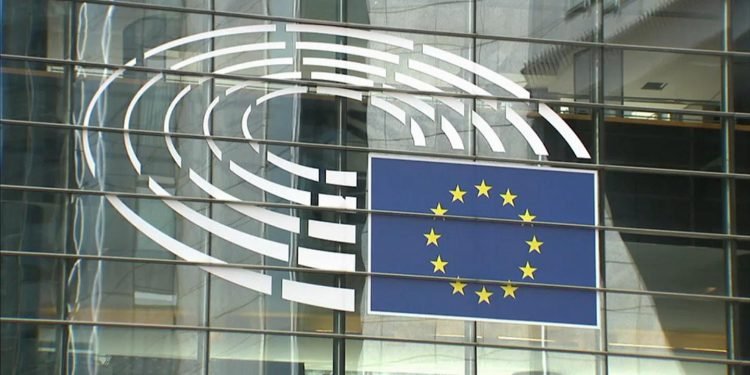Belgium, (Brussels Morning Newspaper) MEPs have backed a new report that calls for the development of the Esports and video games sector. The report was adopted with a large majority, with 560 in favor, 34 against, and 16 abstaining.
With a potential €23.3 billion, 80,000 people working in this cultural and creative sector, and 5,000 European development studios of all sizes working in the video games sector, the EU is a key player in the world market.
Companies such Ubisoft, CD Projekt, and Paradox are part of this industry which has a complex structure that involves a multitude of players in the creation of a game: artistic creation, development, writing, game design, testing, publishing, communication, localization, and distribution.
In the new report, the Parliament asks for harmonized data and assessments and proposes concrete recommendations with a view to developing the sector.
The report calls for the development of the Esports and video games sector, saying the sector needs a long-term strategy, to increase the number of co-productions involving European actors.
Current “creative” Europe programming funds the European video game sector, albeit with a low amount of funding committed so far.
The report says E-sports is a specific sector compared to traditional sports and notices the use of private entities for competitive gaming.
But at the same time, both may complement each other and promote similar values and skills, such as fair play, teamwork, antiracism, and gender equality, says the report.
The reaction came from Tomasz Frankowski, EPP Group coordinator in the culture committee and EPP Group shadow rapporteur.
He told BM: “2022 is the European Youth Year. It is therefore important that the Culture and Education committee was in the lead in this very first report on Esports and video games”
Frankowski, speaking after the vote on the Esports and video games report in the plenary, said, “Video games represent a major ecosystem for the European Union, both in economic and cultural terms.
“It is also a cultural and creative industry worth €23.3 billion with still great potential to develop.
“Video games have a very positive educational role and esports can help to develop several skills. It can be a valuable teaching tool for actively involving learners in curriculum and for developing digital literacy, soft skills, and creative thinking.
“For example half of video games players almost are women and it has been proven that girls who play video games are 3 times more likely to engage in STEAM studies”, Frankowski added.
“Videogames have also a huge economic potential in the creative and cultural sectors. The European Union has more than 80 000 people working in the sector and is home to some 5 000 development studios, some of which are world leaders. It is also one of the few cultural and creative industry to have experienced turnover growth during the COVID-19 crisis.”
He added, “We need an ambitious long term strategy in Europe to support this sector and some challenges occur like short of talents. We call on Member States and the Commission to give the sector the means of its ambitions. We need to invest in trainings and to facilitate access for visa, by considering the creation of a visa for professional esports players similar to Schengen sports visa”,Frankowski concluded.”
The report addresses also some challenges linked to the practice of video games, such as addiction and problematic online behaviour like harassment and risks linked to children being in contact with an inappropriate content.
It believes that the EU should adopt a responsible approach to video games and esports by promoting them as part of a healthy lifestyle including physical activity.




